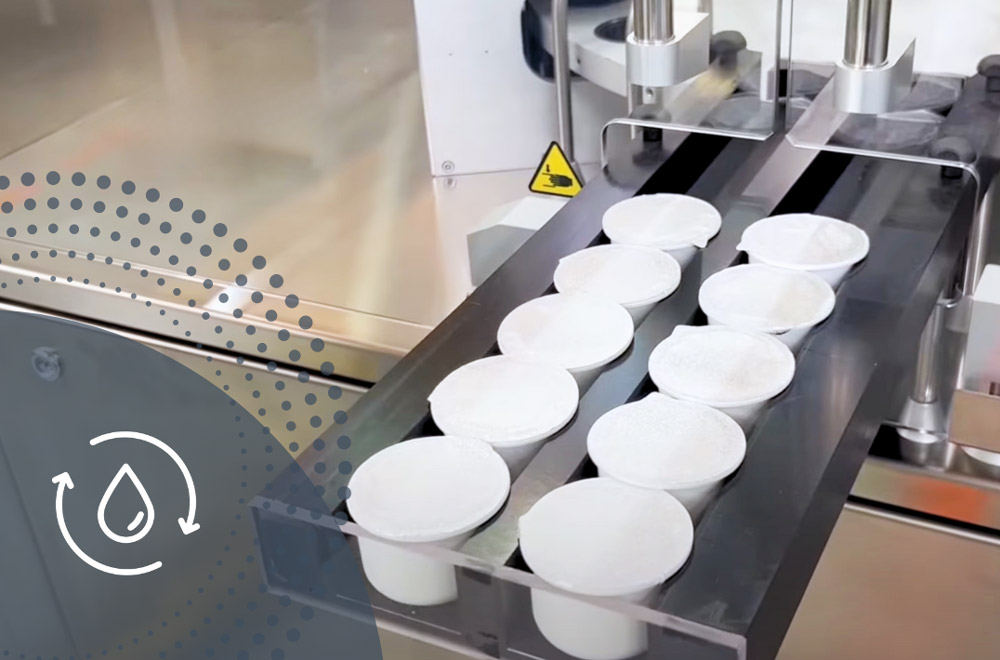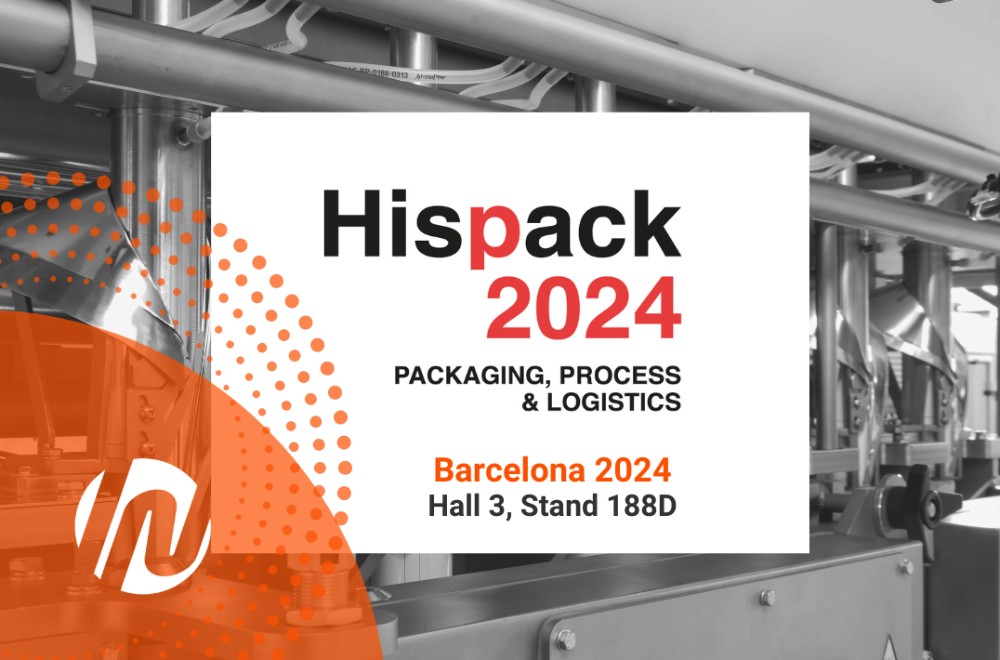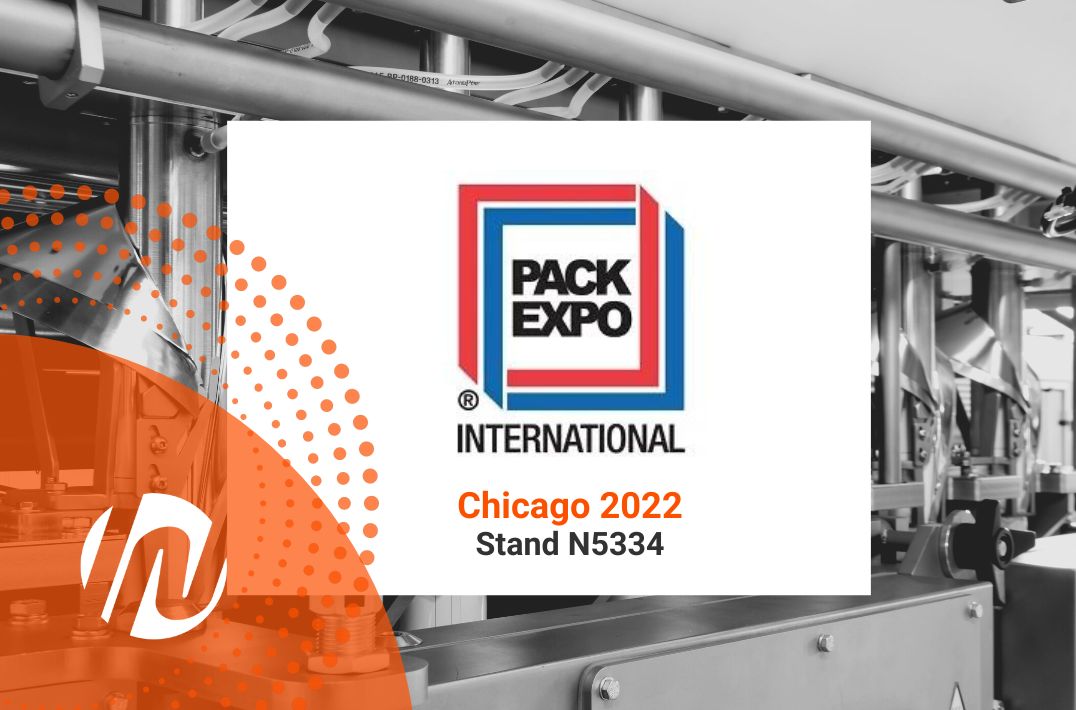

- INVpack
- 02/06/2024
- 01:50
Will refillable packaging come to dominate the market?
In an increasingly environmentally conscious world, refillable packaging emerges as a promising alternative to reduce waste and promote sustainability in the packaging industry.
This article explores the potential of refillable packaging to dominate the market, analyzing its current context, advantages, challenges, and opportunities, as well as future perspectives.
Current context on refillable packaging
Refillable packaging is a practice that has existed for decades, primarily in the food and beverage industry. However, in recent years, it has experienced a significant resurgence due to the growing concern about excessive plastic waste and the need to reduce environmental impact. Companies and consumers are seeking more sustainable alternatives to traditional single-use packaging.
Advantages of refillable packaging in the market
Refillable packaging offers several advantages for both companies and consumers. Firstly, it reduces waste generation by avoiding the use of disposable packaging. This not only helps mitigate the problem of excessive waste and pollution, but can also enhance companies' brand image as environmentally responsible. Additionally, refillable packaging can be economically beneficial in the long run by eliminating recurring costs associated with the production of disposable packaging.
Challenges and opportunities for the widespread adoption of refillable packaging
Despite its advantages, refillable packaging faces various challenges to achieve widespread adoption in the market. One of the main obstacles is the need to establish efficient and cost-effective collection, cleaning, and refilling systems. Additionally, some consumers may show initial resistance due to perceived inconveniences related to hygiene and logistics. However, these barriers also present opportunities for innovation and collaboration between companies, governments, and consumers to overcome these challenges.
Future perspectives on the path of refillable packaging
As awareness of the importance of environmental sustainability increases, refillable packaging is likely to continue gaining ground in the market. Companies adopting this practice can gain a competitive advantage by meeting the demands of environmentally conscious consumers and complying with increasingly stringent waste management regulations. Furthermore, technological innovation and sectoral collaboration can drive the development of more efficient and appealing solutions for refillable packaging.
Refillable packaging has the potential to transform the packaging industry by offering a more sustainable and responsible alternative. Although it faces significant challenges, its widespread adoption appears increasingly likely as environmental awareness grows, and innovative solutions are developed. Ultimately, the success of refillable packaging in dominating the market will depend on collaboration between companies, governments, and consumers to overcome obstacles and promote more sustainable practices in the supply chain.
Related posts:

How does packaging influence the freshness and quality of coffee?
Proper packaging is crucial to preserve the freshness and quality of coffee, as it directly affects...

INVpack Present at Hispack 2024
From May 7-10, 2024, Barcelona becomes the global epicenter of packaging with Hispack, one of...

INVpack will be present at the new edition of Pack Expo in Chicago
Once again, INVpack will be present at Pack Expo International. As every edition, it will do so...
